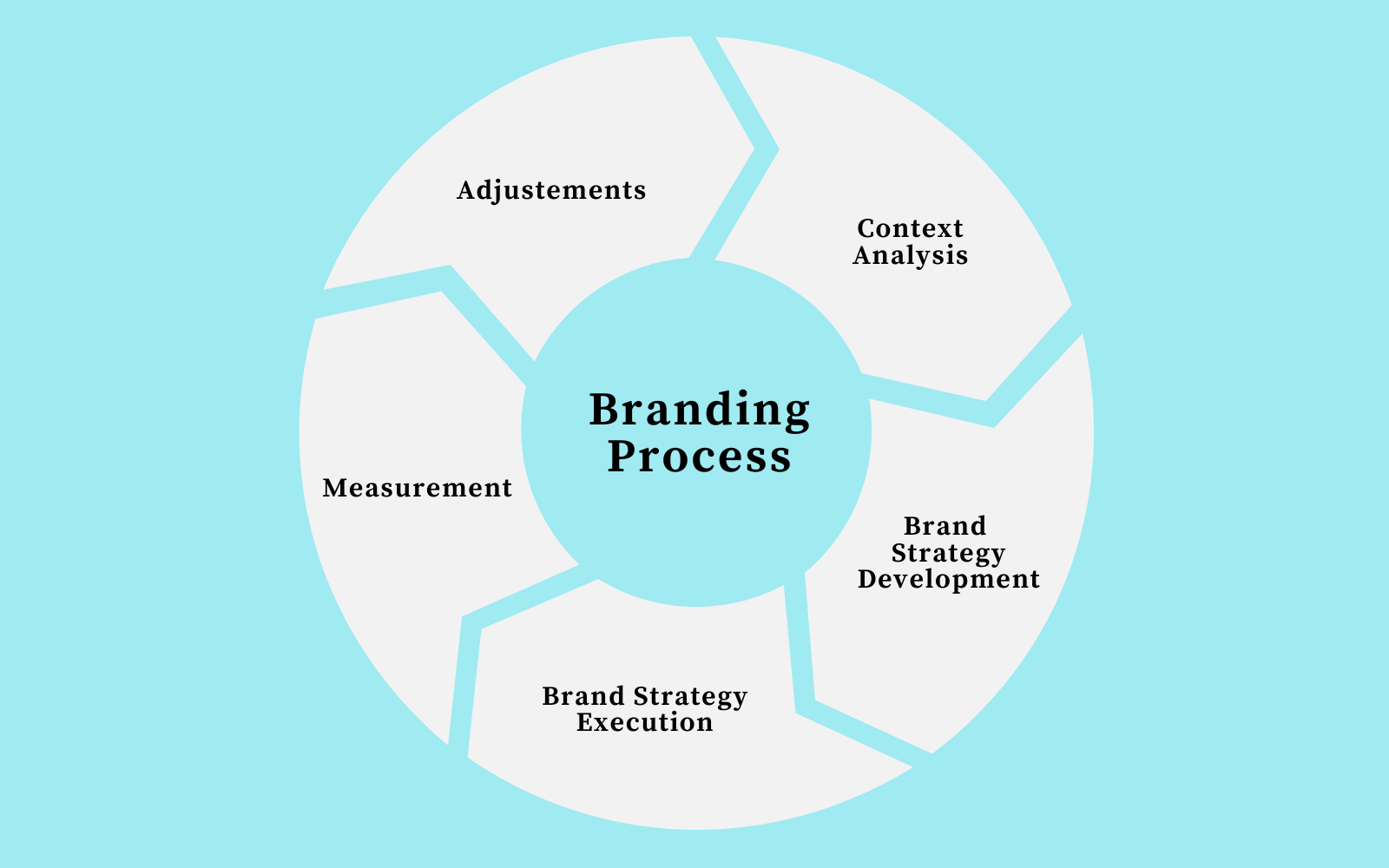Structure Strong Client Relationships Via Robust Branding
Why Durable Branding Is Essential for Market Leadership
A distinct brand name identity not only establishes a business apart from its competitors but additionally grows count on and psychological connections with consumers. What are the details strategies that can boost a brand name to this prestigious status?
Understanding Brand Identification
Constantly acknowledging the significance of brand identity is essential for any type of organization aspiring to attain market management. Brand identification incorporates the aesthetic elements, messaging, and overall understanding that identify a firm from its competitors. It acts as a structure for how consumers regard and engage with a brand, playing an essential role fit their assumptions and experiences.
A well-defined brand identity interacts the core worths and objective of an organization, developing an emotional connection with its target market. Components such as logos, color design, typography, and intonation must line up cohesively to communicate a constant message throughout all systems. This uniformity strengthens brand name acknowledgment and cultivates client loyalty.
Additionally, brand name identification is not just surface; it mirrors the authenticity and integrity of a business. It needs to be very carefully crafted to resonate with the intended audience while continuing to be versatile to advancing market trends. Organizations that prioritize a solid brand identification can efficiently differentiate themselves, build a favorable track record, and grow a devoted customer base. Inevitably, a robust brand identification is vital for browsing competitive landscapes and sustaining long-lasting success.
Structure Client Count On
A solid brand identification prepares for developing customer trust fund, a crucial element in achieving market management. Depend on is not simply an emotional response; it is a strategic property that can significantly affect buying decisions and brand loyalty. Firms that grow openness, dependability, and uniformity in their messaging and actions promote a complacency among customers.
To develop this depend on, brand names need to provide on their guarantees. This implies guaranteeing that product high quality fulfills client assumptions which service experiences are favorable and receptive. Additionally, consistent interaction reinforces integrity; when customers recognize what to expect and that their worries will be resolved, their confidence in the brand name strengthens.
Social proof likewise plays a vital function in establishing depend on. Favorable reviews, testimonies, and endorsements from qualified sources boost a brand's online reputation and can guide possible clients. Involving with clients via social platforms and resolving their problems openly demonstrates responsibility and dedication.
Distinction in Open Markets
In today's jampacked market, distinction is important for brand names seeking to attract attention and catch customer focus. With countless alternatives available, customers are often overloaded, making it necessary for brands to develop an unique identification that reverberates with their target market. This differentiation can materialize via various elements, including product attributes, prices approaches, client service, and brand name messaging.
Reliable distinction involves not just recognizing what makes a brand name one-of-a-kind but also communicating these distinctions clearly and regularly. Brands should express their value recommendation in a manner that addresses specific consumer requirements and choices. For example, a business might concentrate on sustainability, innovative modern technology, or individualized customer experiences to take this page a particular niche in a competitive landscape.
Furthermore, brand names ought to continually examine their competitive atmosphere to adapt and fine-tune their differentiation methods. This proactive strategy makes certain that they stay pertinent and attractive to customers as market characteristics evolve. Inevitably, robust branding that stresses differentiation not just promotes brand name loyalty however additionally positions a business as a leader in its market, paving the method for continual growth and market supremacy.
Emotional Connections With Consumers
Psychological links use this link work as an effective catalyst in building long-term connections in between customers and brand names. When customers reverberate with a brand on an emotional level, it promotes loyalty that goes beyond plain transactional communications. Brand names that efficiently evoke emotions-- whether through storytelling, shared worths, or genuine engagement-- produce a feeling of belonging for their customers.
These emotional connections can considerably influence buying choices, as consumers are commonly driven by sensations as opposed to logic. A brand that lines up with consumers' addresses or desires their discomfort factors can grow a deep-seated loyalty that causes duplicate organization and favorable word-of-mouth referrals.
Furthermore, emotional branding allows business to distinguish themselves in congested markets. By using the sentiments of their target audience, brand names can carve out an one-of-a-kind identity that reverberates deeply, making them unforgettable and liked over rivals.
In an age where consumers are pestered with choices, a strong psychological link can be the determining element in brand choice. Hence, focusing on emotional engagement is not just a marketing tactic; it is a strategic vital for brands seeking to establish meaningful relationships and boost consumer retention.
Long-Term Organization Success
Lasting organization growth depends upon the ability to grow durable branding approaches that resonate with customers over time. A solid brand not only separates a firm from its rivals however additionally promotes commitment and trust amongst consumers. This long-lasting partnership is necessary for ensuring repeat company, which significantly adds to revenue stability and development.
In an increasingly affordable industry, brands that connect a regular and clear message are more probable to grow. This consistency strengthens brand name identity, making it less complicated for consumers to select the brand name and remember over others. Robust Branding. Therefore, a reputable brand can adapt to market modifications without losing its core essence, enabling advancement without estranging loyal clients
In addition, robust branding produces a system for consumer involvement, wherein businesses can collect responses and adjust their offerings as like this necessary. This repetitive procedure not only boosts consumer complete satisfaction however likewise builds a neighborhood around the brand, promoting a sense of belonging.
Conclusion

Organizations that focus on a strong brand name identification can efficiently differentiate themselves, construct a positive credibility, and cultivate a faithful customer base.A solid brand identity lays the groundwork for building customer trust, a key part in accomplishing market management. A strong brand name not only differentiates a firm from its competitors however additionally fosters commitment and trust amongst clients. As a result, a reputable brand can adjust to market adjustments without shedding its core essence, permitting for development without pushing away devoted customers.
